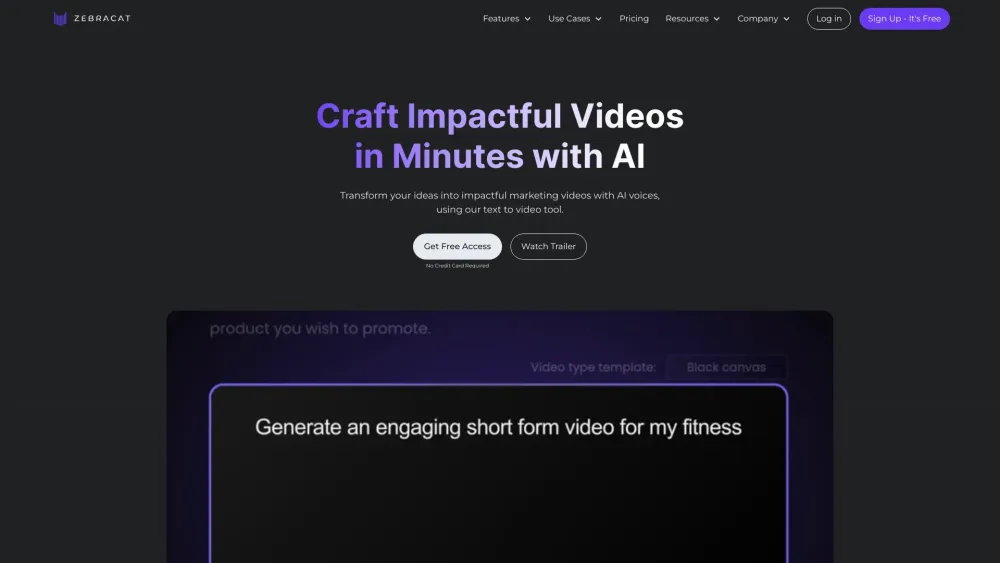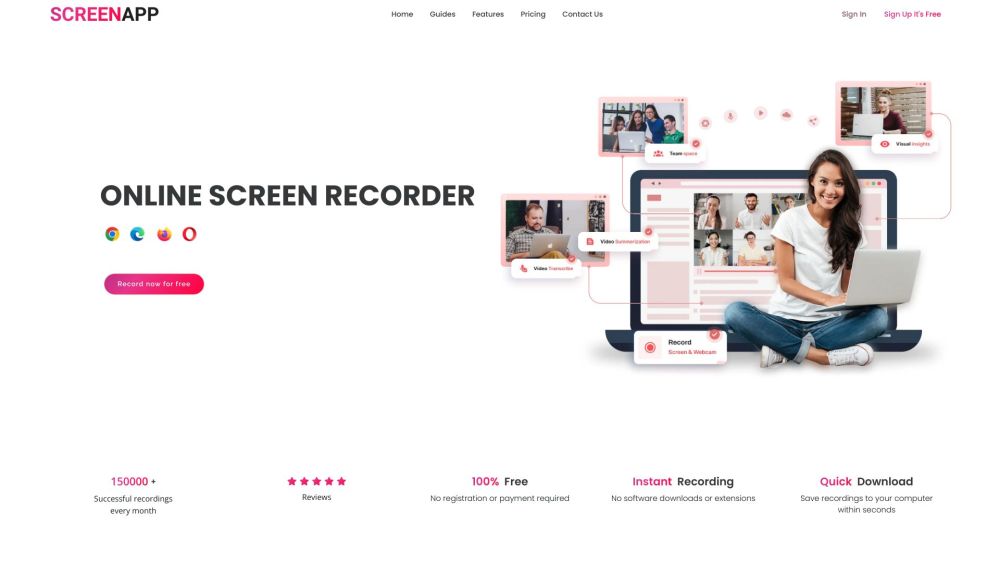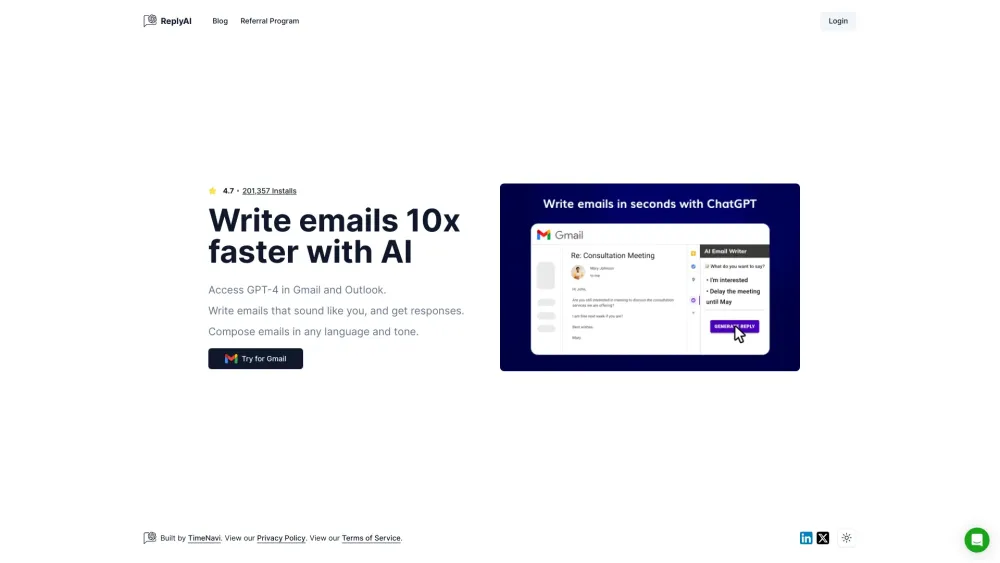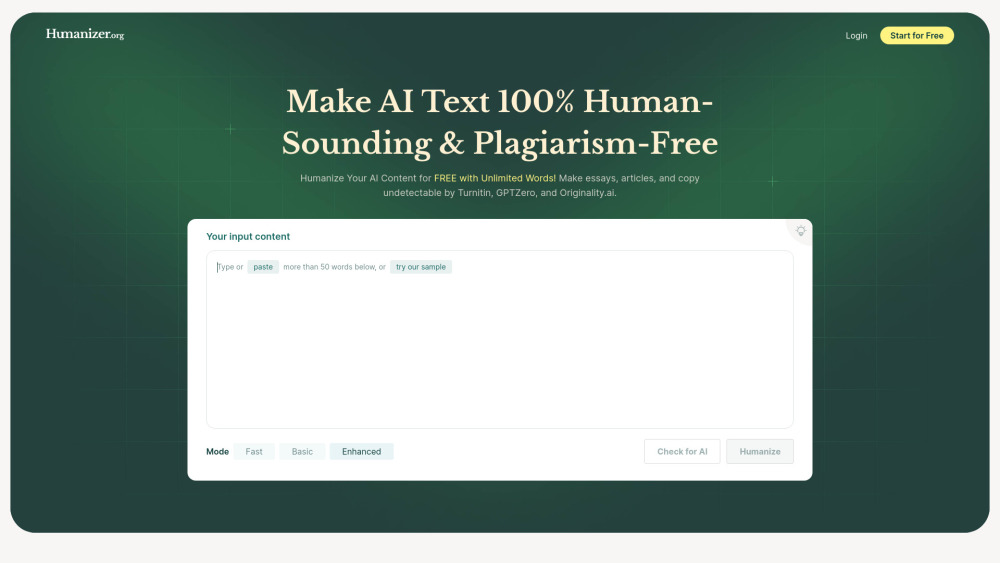How This AI Startup is Leveraging Voice-Enabled Bots to Boost AI Adoption Across India
Most people like

In today's digital landscape, effective marketing demands captivating visuals that resonate with audiences. AI-powered marketing video creation streamlines the process of producing high-quality content, enabling brands to engage viewers more effectively. By leveraging sophisticated algorithms and machine learning, businesses can now create tailored videos that not only capture attention but also drive conversions. Explore how AI technology transforms video marketing into a dynamic tool for brand growth and audience connection.

Introducing ScreenApp: a complimentary screen recorder equipped with advanced AI transcription technology, designed to effortlessly capture and share your insights. Perfect for improving productivity and communication, ScreenApp makes it easy to record and transcribe your screen activities, ensuring you never miss a detail.

Transform Your Email Experience: Write Emails 10x Faster with GPT-V
In today’s fast-paced digital world, crafting emails efficiently is essential. With GPT-V, you can boost your productivity and streamline your communication process, allowing you to write emails up to 10 times faster. Discover how this powerful tool can revolutionize the way you connect with colleagues, clients, and friends, enabling you to focus on what truly matters.

In today's digital landscape, creating captivating content swiftly is essential. Discover our AI-driven tool designed specifically to transform your text into engaging, human-like content. With advanced algorithms and natural language processing, you can elevate your writing, ensuring it resonates with your audience while saving time and effort. Whether you’re crafting articles, blog posts, or social media updates, unleash the potential of AI to enhance your content effortlessly.
Find AI tools in YBX
Related Articles
Refresh Articles
